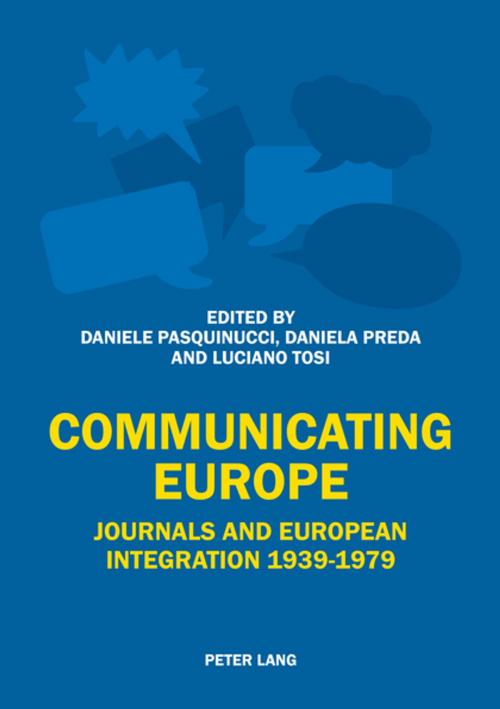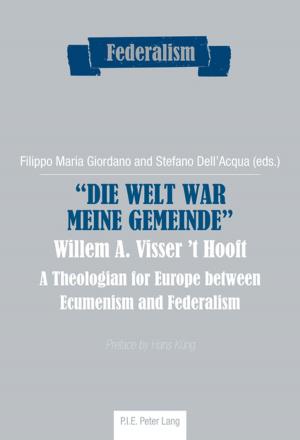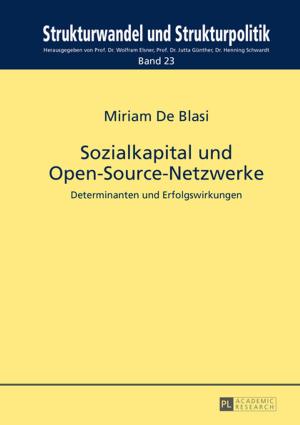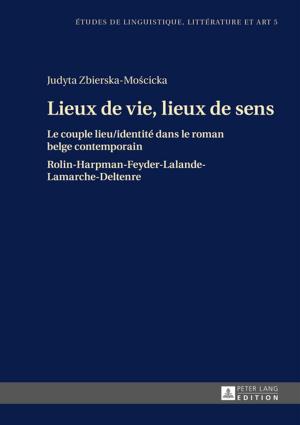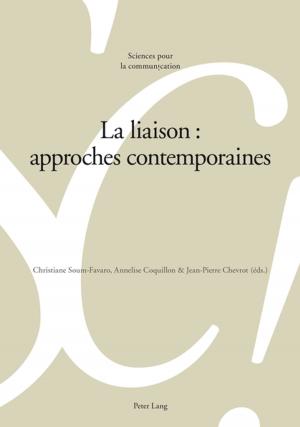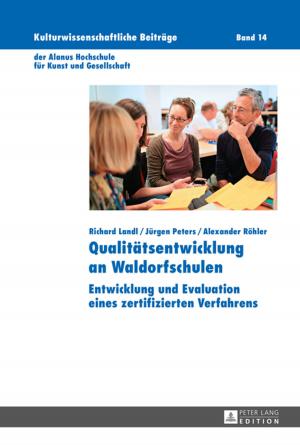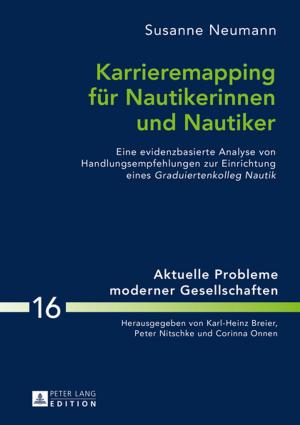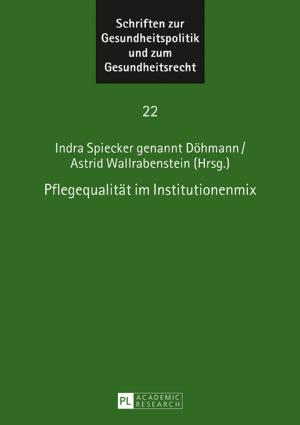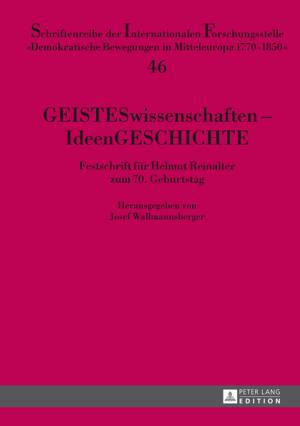Communicating Europe
Journals and European Integration 19391979
Nonfiction, Reference & Language, Language Arts, Communication, History, European General, Social & Cultural Studies, Political Science| Author: | ISBN: | 9783035197532 | |
| Publisher: | Peter Lang | Publication: | February 10, 2014 |
| Imprint: | Peter Lang AG, Internationaler Verlag der Wissenschaften | Language: | English |
| Author: | |
| ISBN: | 9783035197532 |
| Publisher: | Peter Lang |
| Publication: | February 10, 2014 |
| Imprint: | Peter Lang AG, Internationaler Verlag der Wissenschaften |
| Language: | English |
This volume is dedicated to the debate on European unification developed between the end of World War II and 1979 in two types of magazines. The first type of magazines are those not exclusively dedicated to the «European» themes, but particularly significant for the impact they had in the cultural-political debate and in the concrete unfolding of the process of European integration; while the second type are militant magazines, belonging to the European and federalist area, whose proactive role was fundamental both for the theoretical elaboration of the ideas as the basis of the future of the European continent, and for the practical propaganda. All these publications contributed in different ways to the spread of knowledge of European integration, of its implications and of its political, social and economic consequences. No less important – and this is the third type of journals taken into consideration in the book – has been the birth and development of magazines directly sponsored by the Community institutions, whose action was framed within a real «European communication», made by the EC institutions, particularly the Commission in Brussels, since their origins.
This volume is dedicated to the debate on European unification developed between the end of World War II and 1979 in two types of magazines. The first type of magazines are those not exclusively dedicated to the «European» themes, but particularly significant for the impact they had in the cultural-political debate and in the concrete unfolding of the process of European integration; while the second type are militant magazines, belonging to the European and federalist area, whose proactive role was fundamental both for the theoretical elaboration of the ideas as the basis of the future of the European continent, and for the practical propaganda. All these publications contributed in different ways to the spread of knowledge of European integration, of its implications and of its political, social and economic consequences. No less important – and this is the third type of journals taken into consideration in the book – has been the birth and development of magazines directly sponsored by the Community institutions, whose action was framed within a real «European communication», made by the EC institutions, particularly the Commission in Brussels, since their origins.
